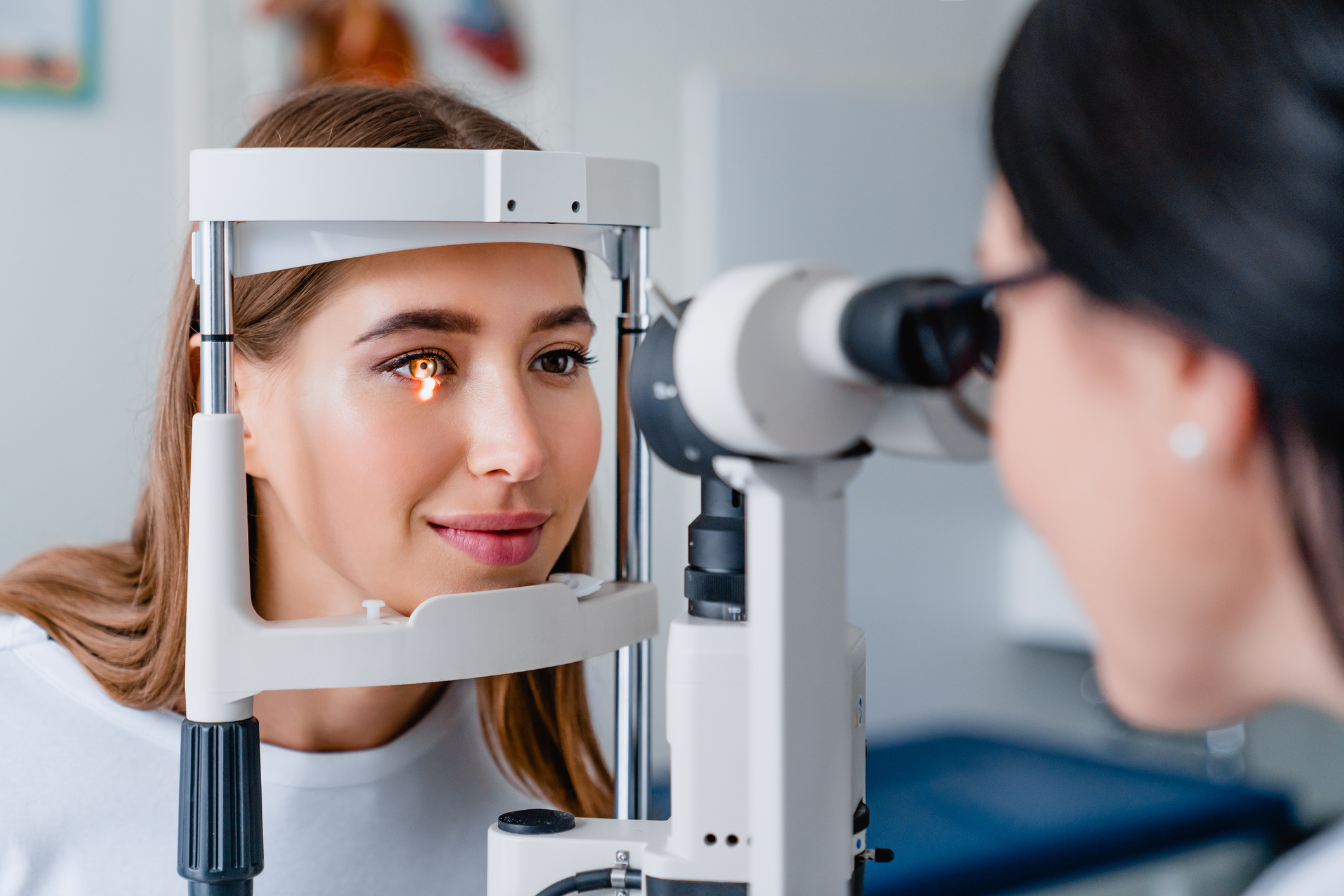Understanding the Choroid: Nourishing Your Eyes from Within
Explore the significance of the choroid, a crucial layer in the eye responsible for nourishing and supporting its structures. Learn about the functions of the choroid, potential issues that may arise, preventive measures, and when to seek professional advice. Uncover insights into the role of the choroid in maintaining optimal eye health.
Overview of Choroid
The choroid, a layer located between the retina and sclera, plays a vital role in maintaining the health and function of the eye. Understanding its functions, recognizing potential issues, and adopting preventive measures are essential for overall eye well-being.
Functions of the Choroid
The choroid is a vascular layer of tissue located between the retina and the sclera in the eye. It serves several important functions:
- Nutrient Supply: The choroid provides a rich blood supply to the retina, delivering oxygen and nutrients essential for the health and function of the retinal cells.
- Temperature Regulation: It helps regulate the temperature of the eye by controlling blood flow to dissipate excess heat.
- Light Absorption: The melanin-containing cells in the choroid absorb excess light, preventing reflections and scattering within the eye that could interfere with vision.
- Support for Retina: The choroid provides structural support for the retina, contributing to the overall integrity of the eye.
Common Choroidal Issues
- Choroiditis: Inflammation of the choroid, often associated with infectious or autoimmune causes, leading to vision disturbances and discomfort.
- Choroidal Neovascularization: Abnormal blood vessel growth in the choroid, which can result in fluid leakage and impact vision.
- Choroidal Rupture: Traumatic injury to the eye can cause a rupture in the choroid, potentially leading to vision problems.
- Choroidal Detachment: Separation of the choroid from the sclera, often associated with conditions like high myopia or trauma.
Preventive Measures
- Regular Eye Exams: Routine eye examinations can help detect early signs of choroidal issues and other eye conditions.
- Eye Protection: Wearing protective eyewear, particularly in activities with a risk of eye injury, can prevent trauma to the eye and choroid.
- Managing Systemic Health: Controlling systemic conditions like hypertension and diabetes can contribute to overall choroidal health.
- Sun Protection: UV protection, including sunglasses, can help safeguard the eyes and the choroid from harmful effects of excessive sunlight.
When to Seek Professional Advice
- Changes in Vision: Any sudden or gradual changes in vision, including blurriness or distortion, should prompt a visit to an eye care professional.
- Eye Pain or Discomfort: Persistent eye pain or discomfort, especially if associated with vision changes, requires professional evaluation.
- Trauma or Injury: Immediate medical attention is necessary for any trauma or injury to the eye that may affect the choroid.
Importance of Choroidal Health
The choroid plays a critical role in supporting the health and function of the retina. Issues with the choroid can impact the delivery of nutrients to the retina and contribute to various vision problems.
Conclusion
In conclusion, maintaining choroidal health is essential for overall eye function and visual well-being. Regular eye care, early detection of issues, preventive measures, and seeking professional advice when necessary are crucial for preserving choroidal health. Understanding the significance of the choroid in supporting retinal function emphasizes the importance of a holistic approach to eye care and overall eye health.
World Eye Care Foundation’s eyecare.live brings you the latest information from various industry sources and experts in eye health and vision care. Please consult with your eye care provider for more general information and specific eye conditions. We do not provide any medical advice, suggestions or recommendations in any health conditions.
Commonly Asked Questions
There may be a genetic component to certain choroidal issues. Individuals with a family history should be vigilant about eye health.
Regular eye check-ups, at least annually, help monitor choroidal health and detect any changes early on.
Yes, certain systemic conditions may impact choroidal health. Managing overall health is important for eye well-being.
In some cases, untreated choroidal issues may contribute to complications that could result in permanent vision loss.
While age-related changes are natural, a healthy lifestyle, including a balanced diet and regular exercise, can support choroidal health.
Yes, conditions like choroiditis involve inflammation of the choroid, which can impact its function.
The choroid helps regulate intraocular pressure, contributing to the overall health of the eye.
Prolonged UV exposure may contribute to choroidal issues. Wearing sunglasses and protecting your eyes from UV rays is recommended.
Yes, age-related macular degeneration (AMD) often involves changes in the choroid and can impact visual function.
The choroid is not directly visible during a routine eye exam, but specialized imaging tests may be used to assess its health.
news via inbox
Subscribe here to get latest updates !







